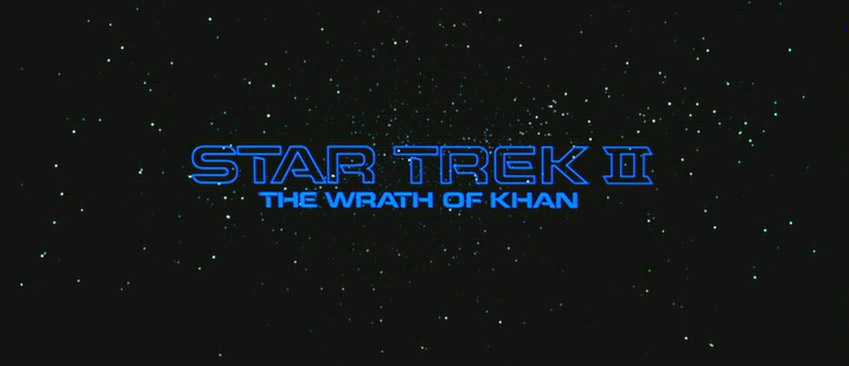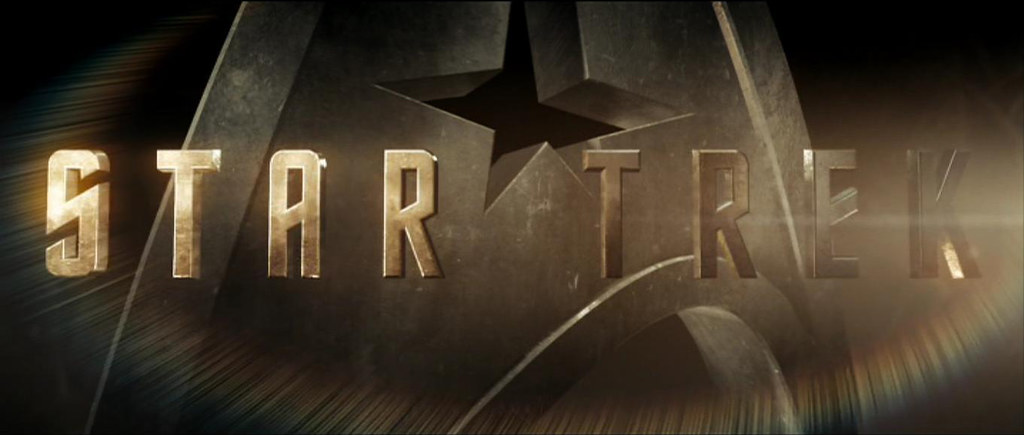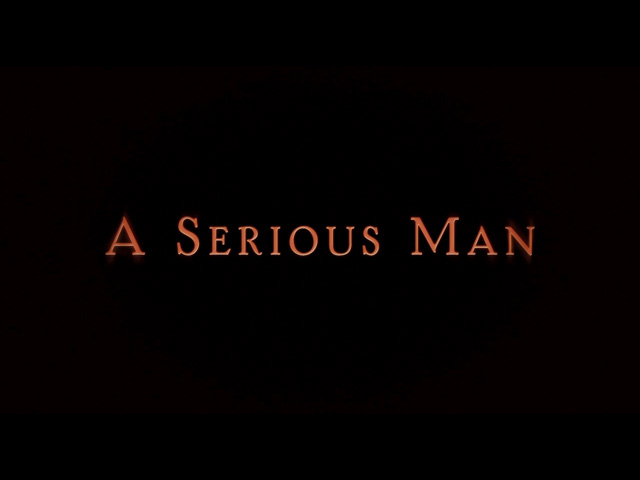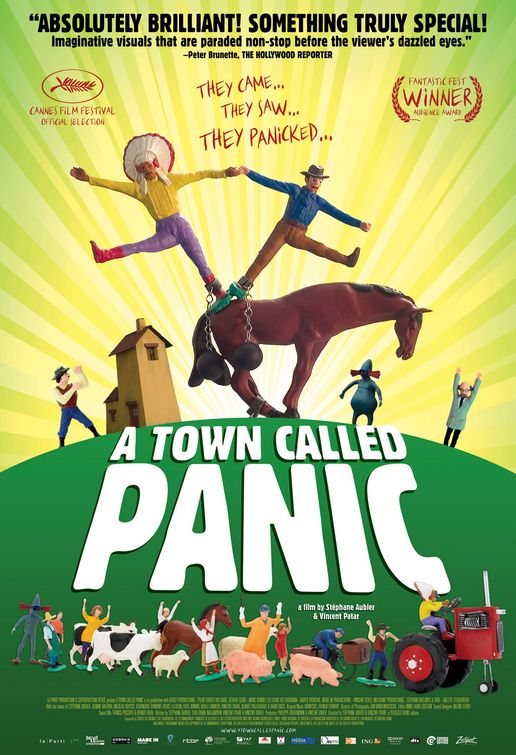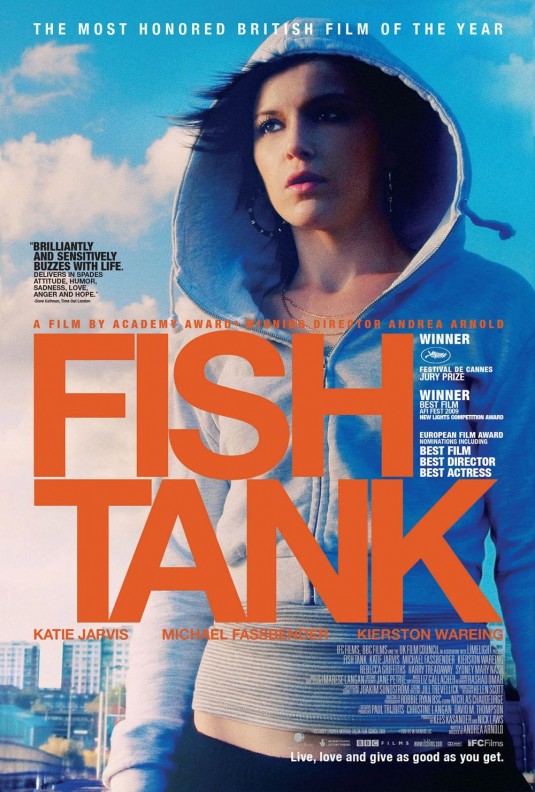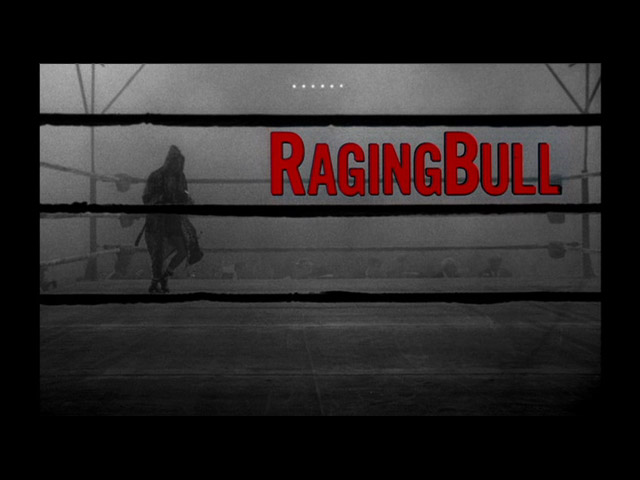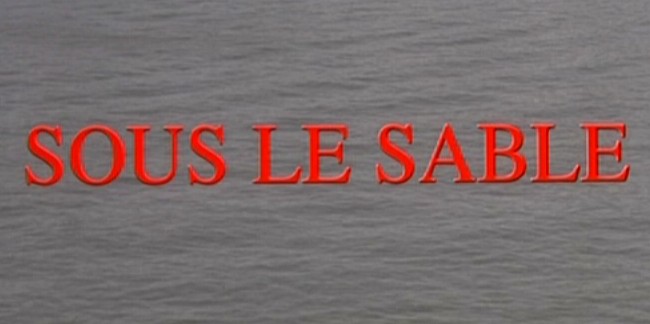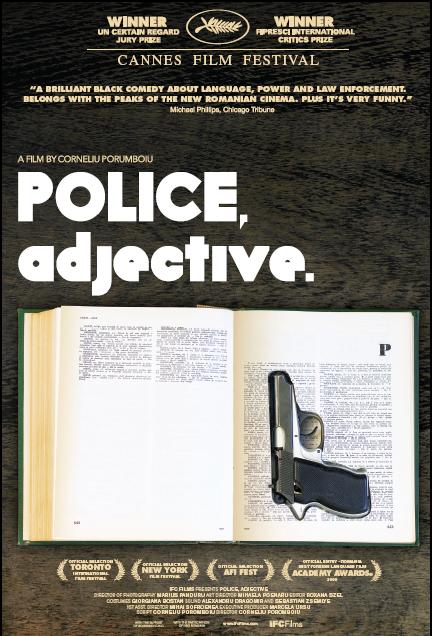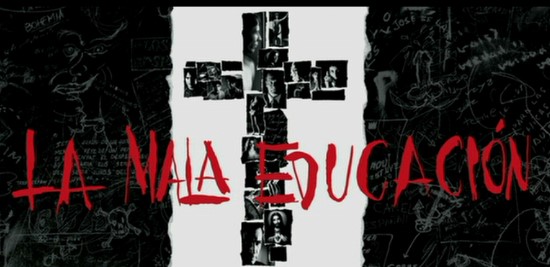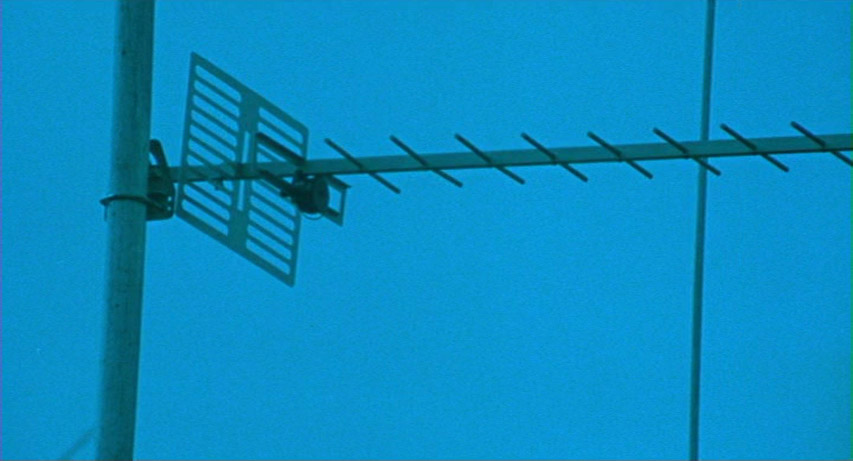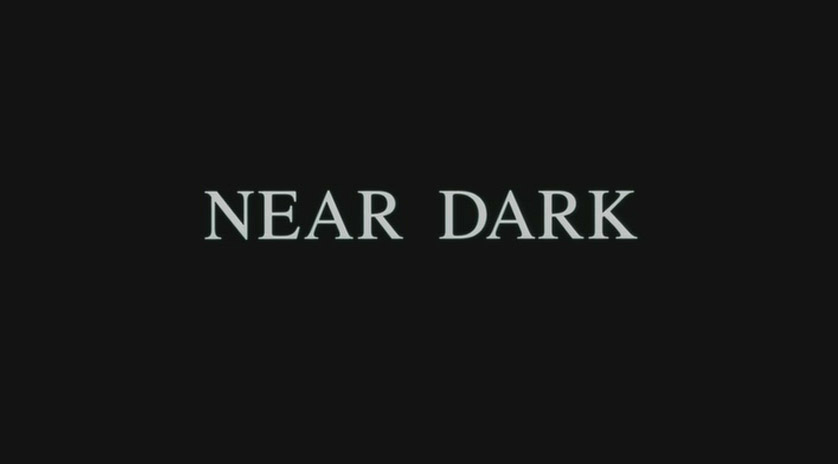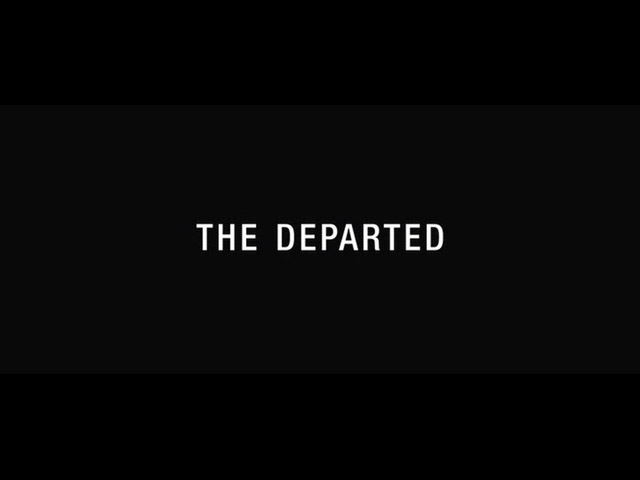
I've never made any promises to be spoiler free, so if you haven't seen this, thanks for stopping by but come back when you have. Also, I anticipate this'll run a little longer than usual. So sue me.
The thing with any story where a part or whole of the "reality" is a fabrication of an overactive imagination (or a character's "insanity") is, you absolutely have to have credulity in the unreal parts. In the case of
Shutter Island, if I don't believe for half a second that "Teddy's" perspective might be accurate or real because none of it feels remotely real to me, then there is no tension or surprise in telling me it was not real. An easy example is the premise: a super-lockdown Arkham-style asylum wherein the guards are paranoid and cops have no rights or authority sounds like a pretty good set-up, only why on earth
would they call in a Federal Marshall to investigate a disappearance, especially if they have no intention of even pretending to cooperate? Yes, it all makes sense when you find out what's really happening (sort of, more on that in a second) but you never had me convinced it made sense from Teddy's perspective, so you never had me engaged in the story. Instead, about fifteen minutes in I had realized there were two possibilities: this was all flimsily constructed and unrealistic because it was all in his head, or this was all flimsily constructed and unrealistic because it was lazy, poor writing. Before act two, my two possibilities were bad script and "it was all a dream!" And I wasn't wrong. On either count, unfortunately.
And then there's the reveal. I don't really mind if I guess a twist early on and it proves to be right. In all honesty I try
not to guess twists because I want to experience the movie. I want to ride the ride, not outsmart it. But hey, I'm an overanalyzer and a writer and these things happen. So I can forgive it for that -- others have said they didn't see it coming, so all right. But all that aside, the reveal is that
he was a patient all along! And his partner Chuck was really the mysteriously departed Dr. Sheehan! The reason they've been running all over the island and exploring all the wards and climbing cliff-faces and so on is because see, there's this guy, Dr. Cawley. And in a desperate attempt to test a radical new humanitarian therapy technique and to avoid lobotomizing a trained killer who's gone nutso, Dr. Cawley has said, "Maybe if we told him he really was a cop, we gave him a toy gun and a fake partner, and
if we let him live out his vengeance-seeking wounded-soul federal marshall fantasy with carte-blanche access to the whole asylum, maybe he'll get better on his own! We'll stop giving him his medication and we'll get all the orderlies and guards to pretend he's a cop, and we'll tell all the other inmates to play along, too, heck they're all dangerously insane themselves, why would they mind? Anyway maybe after two days of this, he'll be healed. And if not, then you win, you can scoop his frontal lobe out, call him cured." Does any part of that plan make any kind of sense? Early on "Teddy" says the guards act like insanity is contagious. Well, with a boss like Cawley I'd start wondering myself.
It's not that this was the worst movie I've ever seen or anything (though in a way it was worse than that: it was boring). It's just that it's confoundingly amateur in its storytelling, and it's a film by Martin Freakin' Scorsese. That shouldn't happen. The follow-up to
Gangs of New York and
The Departed is this? Really? The editing and continuity is such a nightmare I couldn't help but joke that (multiple-Oscar-winning editor) Thelma Schoonmaker had gone senile, or blind. The script felt heavy on info-dumping and unmotivated action. That it had a "secret" motivation revealed with the twist doesn't save it -- like I said above, it doesn't make sense without the twist and the twist itself doesn't make sense if you stop to think about it. "Teddy"/Andrew is standing in a corridor looking into a cell and he keeps lighting matches to see -- only the corridor has spots of light so bright his highlights are blowing out. It's the best-lit darkness I've ever seen. (There's also a scene during an interview when a patient takes a drink of water and in the close-up she's clearly holding nothing in her empty hand, air-drinking from a pretend glass. I have to assume this was intentional? But heavy-handed and awkward, at best.) Somehow, you know what all this reminded me of?
Bringing Out The Dead. Maybe it was the backward smoke in the dream sequences. Either way, now I'm afraid to rewatch
Bringing Out The Dead.
Anyway, long story short, it's sloppy and the script was pretty flimsy. You have to build a cohesive false-reality if you want to make your reveal of its falseness mean shit to your audience. It doesn't have to be as real as real, but it has to feel logical, even to an internal logic. This never did.
After recently seeing
Raging Bull, I think Martin Scorsese is one of the best visceral filmmakers we've got, but I don't know, maybe cerebral just ain't his bag.
Seen at the Pioneer Place Regal Theater.
